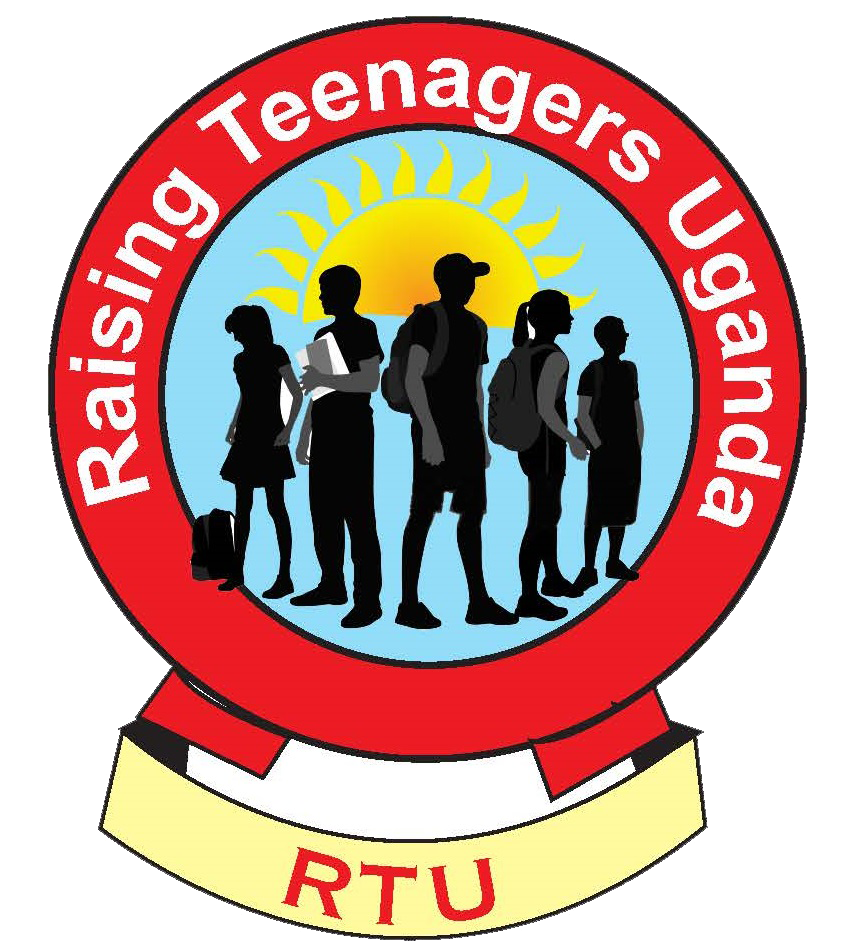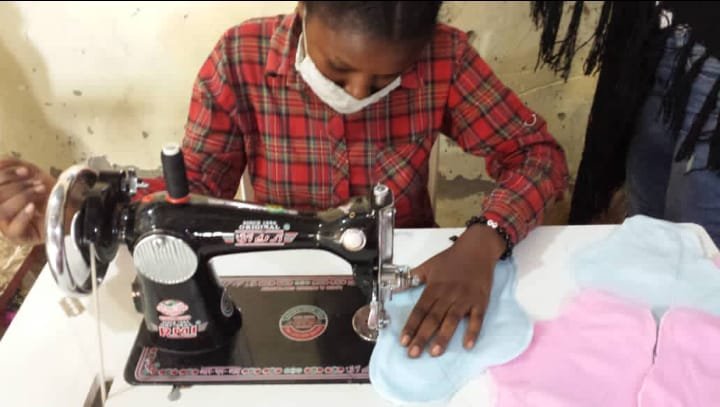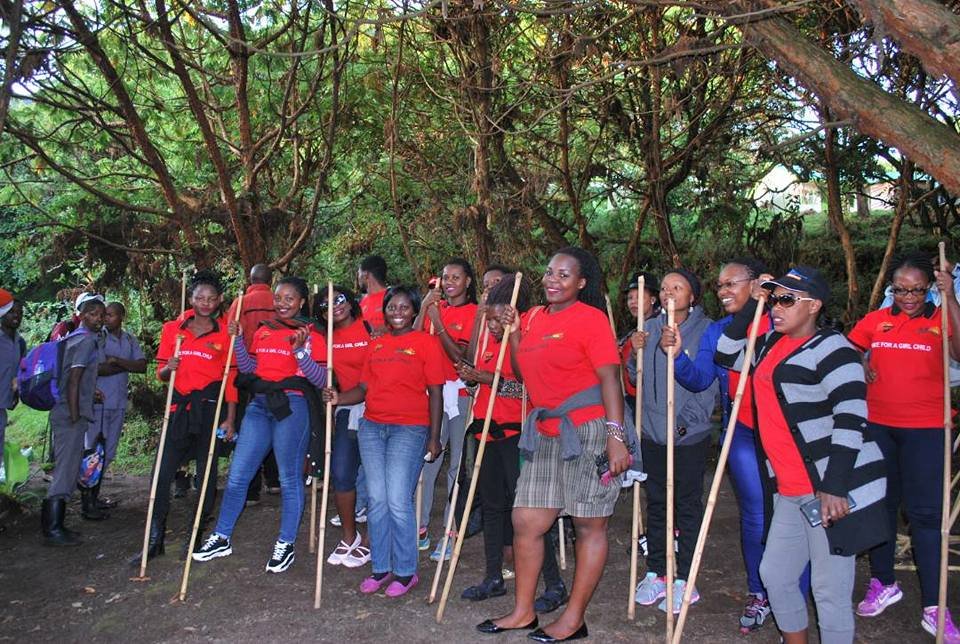FEMNET Programming Conference and General Assembly for FEMNET
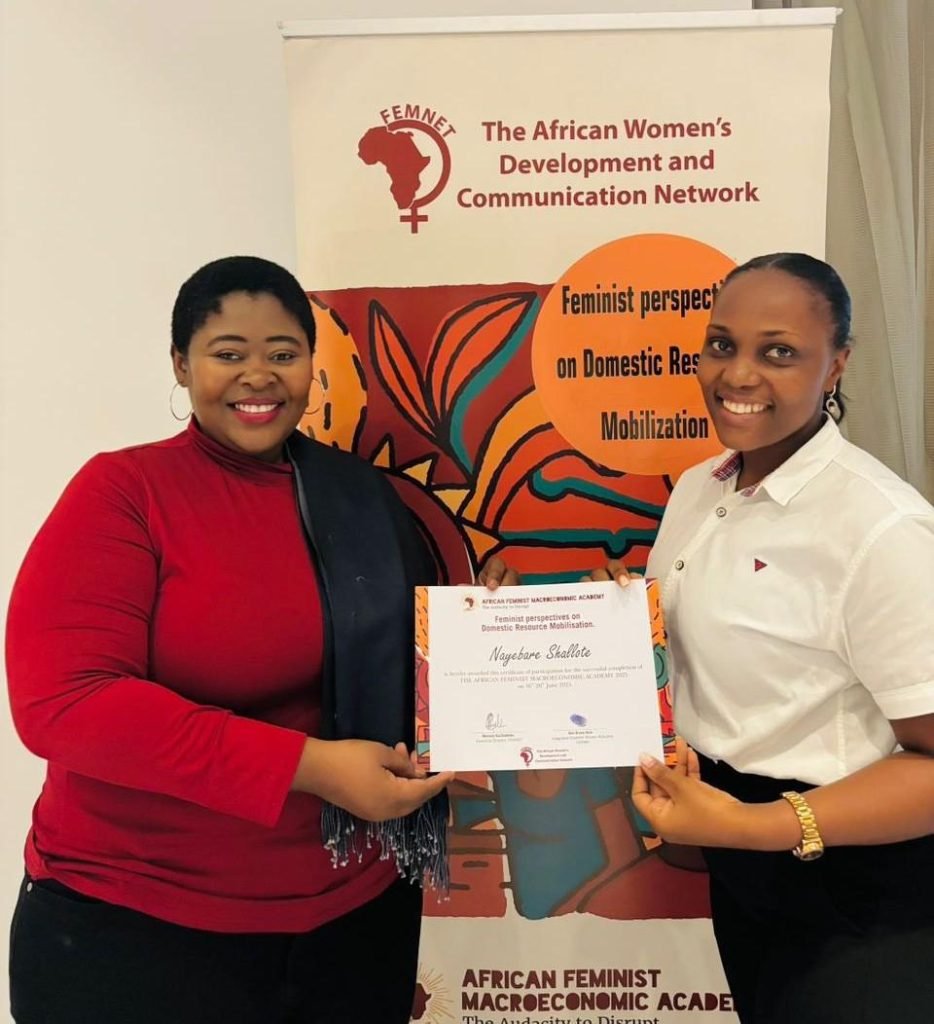
The 2025 Programming Conference and General Assembly (#PCGA2025) hosted by FEMNET (African Women’s Development and Communication Network) brought together feminist leaders, activists, organizations and advocates from across the continent, all united by the theme “Solidarity, Power and Futures.’’ The conference served as a strategic convening to take stock of feminist struggles, share solutions and most importantly, ensure that gender accountability remains central in Africa’s political, economic and social transformation. The structure and programming of PCGA2025 were intentionally layered to balance deep reflection, knowledge-sharing and institutional decision-making.
Among the many organizations present, Raising Teenagers Uganda stood out for its youth-centered, grassroots approach to feminist advocacy. The organization was represented by Mbabazi Pillar, who brought the lived experiences of girls and young people into continental conversations on gender justice, technology and ecological resilience. For Raising Teenagers Uganda, our participation in #PCGA2025 was an opportunity to connect our community-level work with broader policy spaces, amplifying the voices of Ugandan adolescents especially girls.
Day One started with remarkable energy and a strong sense of unity as participants showed up in orange, the color representing hope and a world free from violence. In the opening remarks of the FEMNET Executive Director Memory Kachambwa, she emphasized that “The future is not about tomorrow—it is NOW.” This statement echoed across sessions and hallways, becoming a rallying cry for the rest of the convening. Conversations on Day One were both political and grounded, emphasizing the need for sustained feminist organizing. The day ended on a high note with a cultural dinner that celebrated Africa’s rich diversity as delegates sang the African Women’s Anthem in unison, a moment that brought the room to life with pride, conviction and collective purpose. The celebration reminded everyone that this movement is not just about resistance, but also about joy, unity and shared identity.
Day two was themed color green symbolizing ecological justice and the urgent need for sustainable, feminist-led climate action. The day’s sessions focused on critical topics like climate change, funding models for feminist futures and the relationship between artificial intelligence (AI) and African sovereignty. Discussions emphasized how climate change disproportionately affects women, particularly those in marginalized and rural communities and how technology, if not approached critically, risks reinforcing systemic inequalities. This day also introduced a set of practical skills labs that reflected FEMNET’s commitment to building capacity across the movement. These sessions addressed digital security in advocacy work, strategies to resist the rise of anti-rights movements, how to leverage traditional and social media for gender advocacy and navigating African human rights systems and mechanisms. These labs were not merely informative, they were empowering. Each one provided delegates with tools and knowledge to not only strengthen their work but to safeguard their activism in an increasingly conservative and digital world.
Day Three came with a deeply reflective and governance-focused moment in the conference as delegates wore white, symbolizing peace, unity and accountability. The centerpiece of the day was the FEMNET General Assembly, a critical event that brought together member organizations to review the state of affairs of the Network for the 2021–2024 period. Reports were presented on achievements, financials, institutional growth and impact, underscoring FEMNET’s commitment to feminist transparency and member-led accountability. The General Assembly also included the election of the new Board of Directors for the 2025–2028 term. This process was conducted in an open, democratic and participatory manner. It was a powerful reminder that within the feminist movement, leadership is not simply given, it is earned, chosen and accountable to the people it serves. The election reinforced FEMNET’s position not just as a network but as a model of feminist governance and continental organizing.
Our representative Pillar Mbabazi while reflecting on the event she said, “Being part of PCGA2025 was a moment of affirmation. The conversations on AI, digital safety and feminist funding are directly linked to the challenges we see in our schools and communities. This convening reminded me that the future of the African feminist movement must include young people and grassroots voices at every step.” She also participated in sessions focused on resisting anti-rights movements, sharing perspectives from Uganda’s increasingly digital yet conservative environment, where girls face rising risks both online and offline.
One of the most memorable takeaways from the entire conference came through the voice of Kenyan activist and human rights defender Wahu Kaara, who introduced the powerful Swahili phrase “Wakati ni sasa” that translates to This is the moment. Her words urged delegates not to wait for perfect conditions but to act now. “The system is broken,” she declared and wishing will not fix it. We will build a new one that works.” Her passionate remarks reminded everyone present that African women have already broken barriers and now, the question is not whether we can, but how far we are willing to go.
For Raising Teenagers Uganda, the experience provided renewed insight into how to link national level advocacy with continental strategies and create room for young women to lead boldly. We returned to our communities and continuing the work in different contexts and one truth remains: The future is not on the horizon, it is being shaped right now by those brave enough to show up, speak out and build boldly.


Projects

Education – Sponsorship for Underprivileged Girls
GOAL : 1500 $

Community Clubs
GOAL : 3457 $

Menstrual Health and Hygiene Management
GOAL : 5000 $

Working in Partnership with Religious Leaders
GOAL : 1000 $
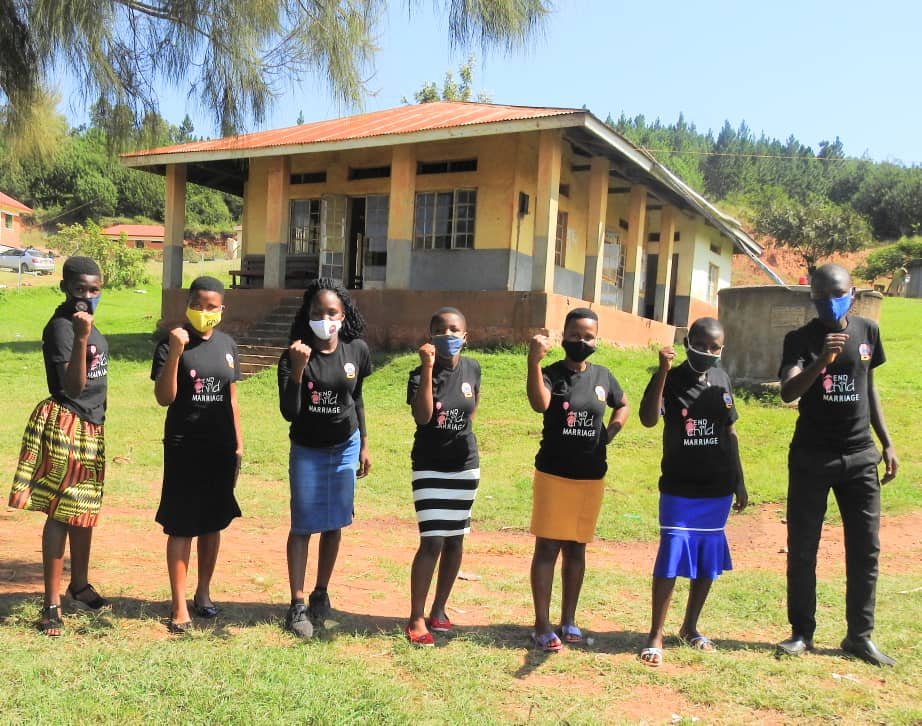
Youth Champions in Different communities
GOAL : 1340 $
ALL CONTACTS
- Suite A1 – SAYUUNI COMPLEX, NTINDA – KISASI ROAD
- Mobile +256 772 305 742
- Office +256 702 305 742
- hope@raisingteenagers.org
- 08 am - 06 pm Sunday closed
SUBSCRIBE
Subscribe to our News letter and be part of our Work to.
- info@raisingteenagers.org
- hope@raisingteenagers.org
